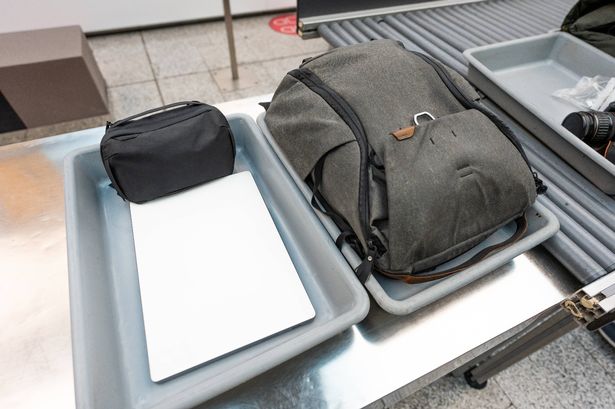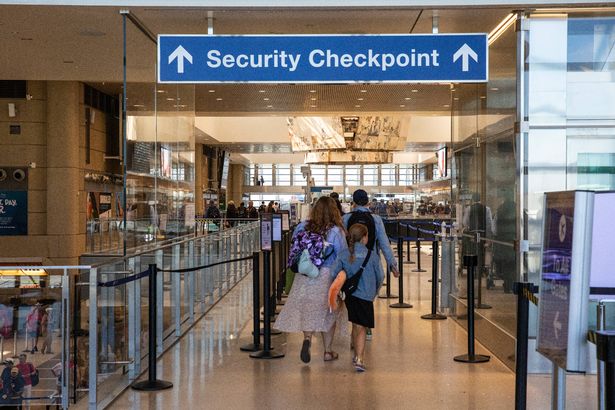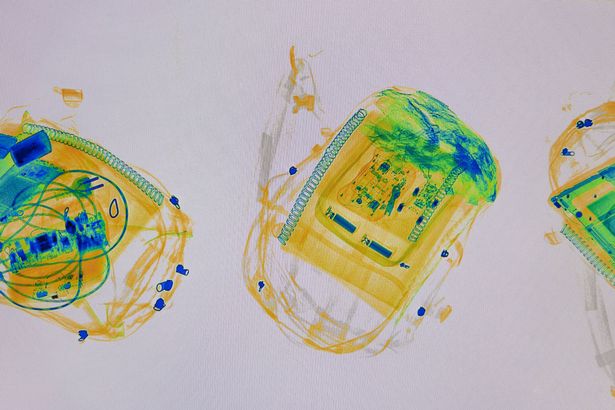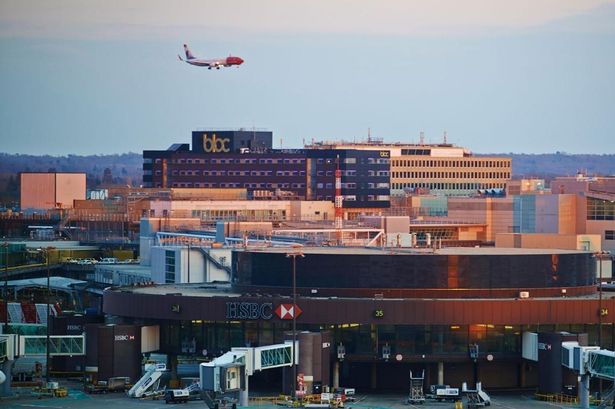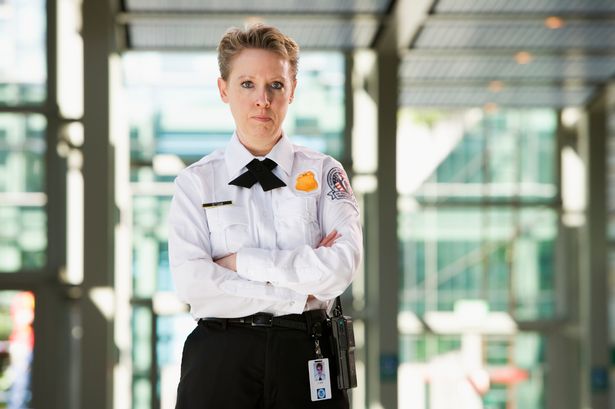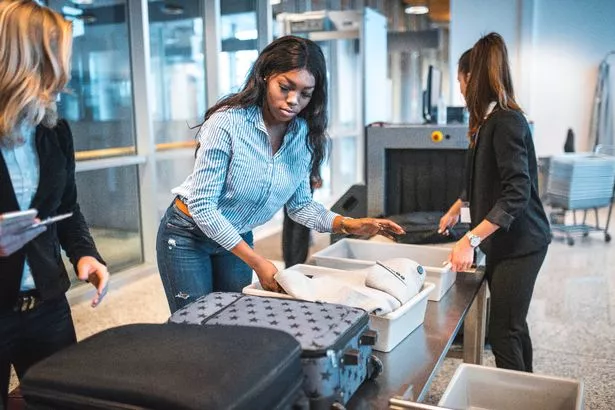The new advanced CT scanners combine computer image processing with X-rays, which is a huge improvement for speeding up security waiting times.
UK holidaymakers are being urged to double-check the specific rules at each airport they travel through due to differing security policies.
Those jetting out of the UK, whether for a sun-soaked holiday, family visit, sports tournament, business trip, or studying abroad, should note that not all airports have yet installed CT scanners at security checks.
These scanners mean passengers no longer need to take liquids and electronics out of their luggage. Previously, liquids were restricted to 100ml and had to be placed in a clear plastic bag, while electrical items had to be removed and scanned separately.
However, not all airports have implemented the new systems, so the old rules still apply in many places.
The state-of-the-art CT scanners combine computer image processing with X-rays, significantly speeding up security waiting times. This also means travellers should be able to fly with bottles and containers holding up to two litres of liquid, with no limit on the number of bottles they can carry, reports Birmingham Live.
However, holidaymakers shouldn’t disregard the old rules just yet. There’s still a fair bit of confusion about which airports have the scanners fully operational and which do not, as internet searches on the issue have more than doubled.
Experts at One Sure Insurance have warned: “With some airports such as London City Airport having installed CT scanners in April 2023, others such as London’s Heathrow are not expected to make a full switchover soon, due to the cost of the new technology – expected to be around £1 billion – and the retraining of staff that’s required.
“It’s important to remember when returning from your trip that you still need to follow the rules from your departing airport, including liquid, electronic and customs restrictions and protocols.
“Otherwise, you may face delays and/or losing expensive belongings in the bin. You might leave from an airport where two litres are fine, but return from one that still enforces the 100ml rule. Not all airports are ready, and that could cause problems.
“There’s a big risk of confusion right now, but technology has the power to change the way we fly. Until airports around the world catch up with newer technology, travellers should stay proactive to avoid being left behind.”
This means checking airport websites, packing liquids in hand luggage, keeping essential items to 100ml if in any doubt, leaving enough time at airports to potentially separate liquids and electronics, and being especially mindful when returning to different airports or during multi-city holidays.
As we approach the peak of the summer holiday season, millions of UK passengers are expected to pass through airports, some of which will still be operating under the old rules.
So, which airports have these new security scanners in place?
Edinburgh and Birmingham airports have fully rolled out new CT scanners at security. This means you can keep liquids of up to two litres inside your cabin bag, and there’s no limit on how many two-litre bottles or containers you can take through.
Only liquids, pastes, and gels in containers no larger than 2 litres (2L) can be carried in hand luggage – anything larger needs to be in checked luggage.
When going through security, ensure all items are out of your pockets, including phones, keys, coins, tissues, etc. Watches can be left on.
Bristol Airport has fully embraced the new rules, stating that electrical items can remain in hand luggage along with liquids, which can now be up to two litres per container.
While most other UK airports are still operating under the old rules on liquids and electricals, more are expected to introduce CT scanners throughout this summer.
Gatwick Airport has announced that passengers no longer need to remove liquids and gels from their hand luggage, although the containers must still be limited to 100ml. However, electrical items do need to be removed and screened separately.
Luton Airport has stated that all liquid containers in your hand luggage must be under 100ml/100g each, including creams, pastes, lotions, and gels. Passengers can keep their liquids inside their bags for security screening, as a plastic bag is no longer required.
Electronics can also be kept in baggage.
Stansted Airport is still adhering to the old rules, advising passengers that they can pack liquids in their hand luggage, but containers must be under 100ml each and in a clear, resealable plastic bag. This bag should be removed from hand luggage and placed clearly in the tray provided, along with any electrical item above A5 size (20cm x 20cm).
Manchester Airport has also confirmed that the old rules are still in place. All liquids, gels, and aerosols must be under 100ml each and packed in a clear, resealable plastic bag no larger than 20cm x 20cm.
Manchester passengers are limited to packing one clear bag of products in their hand luggage, with the stipulation being one per person. These should be removed from hand luggage and placed in the tray for scanning.
Additionally, any electrical item larger than A5 (20cm x 20cm) should also be removed from your bag and placed in the tray.
Heathrow, Stansted and Manchester airports are gradually introducing new CT scanners lane by lane, meaning some passengers may be asked to remove liquids and electronics while others won’t.
It’s worth bearing in mind that you may not be able to leave liquids or electrical items in your bag on your return journey. According to consumer website Which, at most airports in France, Greece, Italy, Portugal and Spain – as well as the US – you will need to remove liquids from your hand luggage and put them in a clear plastic bag.
